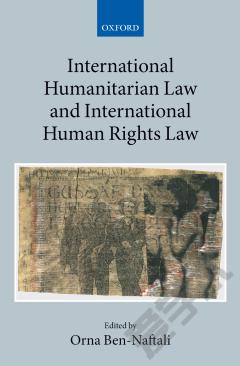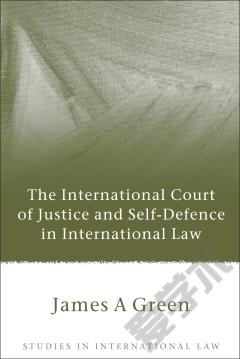Human Rights and Personal Self-Defense in International Law
Rights of resistance find their roots in the victimsâ human rights, interpreted in accordance with the right to personal self-defense as a general principle of law. Forcible resistance can also be understood as an exercise of the right to an effective remedy for human rights violations where no effective remedy can be directly obtained from the state authorities. However, international law recognizes a right to resist state authorities only in exceptional circumstances, because states have a legitimate interest to preserve their authority and monopoly on the use of force, as this forms the basis for the rule of law and effective protection of human rights. At the individual level, human rights entitle persons to use necessary and proportional force against present or imminent human rights violations by the state that pose a real risk of serious and irreparable harm. In particular, resistance is lawful against extrajudicial killings, torture, and inhuman treatment. Conversely, there is no right to resist arbitrary arrest and detention in states where the rule of law and related due process rights are otherwise upheld. Victims of such violations have to assert their rights through the appropriate judicial processes. In times of armed conflict, civilians may collectively defend themselves against war crimes and other international crimes without losing their protected status under international humanitarian law. They must not be prosecuted or otherwise punished for exercising such collective self-defense, nor may they be targeted as if they were combatants. However, collective self-defense has limits that emerge from the general requirement of self-defense and international humanitarian law. In particular, civilian defense groups must not directly participate in the hostilities. This would notably be the case if they defended combatants or military objectives from attack. They also lose their protected status where they achieve such a degree of military organization and capacity that they must be considered an organized armed group participating in the conflict. At the level of military organized armed resistance, it is widely considered that international law recognizes a right of peoples to wage an armed struggle to defend against forcible denial of their right to self-determination through colonial domination, unlawful alien occupation, and racist regimes. However, force must be used only as a last resort within the bounds of necessity, proportionality, and international humanitarian law. There would be good reasons to recognize a right of militarily organized armed resistance against the mass atrocities of genocides, crimes against humanity, and widespread war crimes. Through the rigorous application of self-defense requirements, this right could be reasonably framed to distinguish rare legitimate uprisings from illegitimate rebellions through the use of international law. However, state practice does not yet recognize such a right. Instead, international law is neutral on rebellions against oppressive states, neither prohibiting nor allowing them.
{{comment.content}}








 京公网安备 11010802027623号
京公网安备 11010802027623号